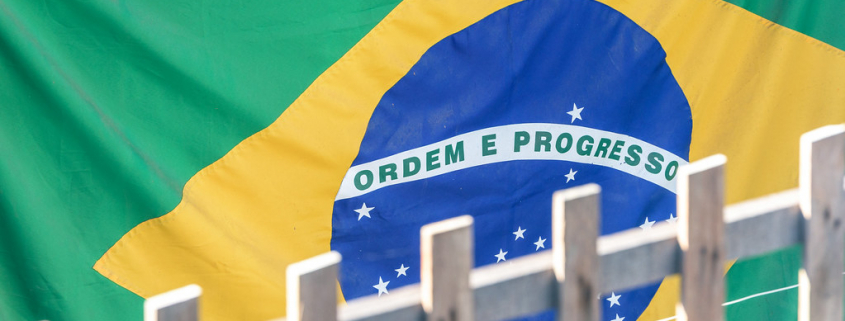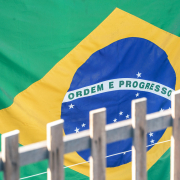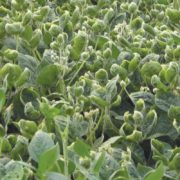By three votes to two, the Brazilian national health surveillance agency (Anvisa) maintained the decision to ban the active ingredient paraquat in Brazil, scheduled to come into force as of September 22, 2020, according to the rules of the Collegiate Directorship Resolution (RDC) 177/2017.
As a result, the product cannot be produced or used in the country, and the import of this active ingredient will also be prohibited. The decision was made during the 18th Collegiate Board Meeting (Dicol), held on September 15, 2020.
Paraquat, a contact herbicide, has been banned or severely restricted in over 20 countries around the world due to its toxicity to humans and no available antidote.
In 2008, Anvisa has started the re-evaluation of 14 pesticide active ingredients, including paraquat, and issued Collegiate Directorship Resolution No. 177 in October 2017 to ban paraquat in Brazil. The last three years was, therefore, a transition period for gradually phasing out paraquat from the market.
The decision was made because paraquat is connected to the risk increasing of a person developing Parkinson’s disease and has potential mutagenic effects on cells.
In the last years, paraquat stakeholders tried very hard to fight for more time to collect the required data to confirm that Anvisa’s decision is wrong and without scientific basis.
In Brazil, paraquat is mainly used as herbicide to control weeds in cotton, corn and soybeans before and after sowing crops, and as desiccant during harvest. According to the data released by the Brazilian Institute of the Environment and Renewable Natural Resources (Ibama), in 2017, paraquat ranked eighth on the list of Brazil’s top ten best-selling pesticides, with sales volume exceeding 11,000 tons. In 2018, the product rose to the sixth place, with sales volume exceeding 13,000 tons.
Source: Agropages
Image source: “Brasil” by ruifo is marked with CC BY-NC-SA 2.0.



